

Niigata Prefecture Holds Public Hearing on Kashiwazaki Kariwa Restart

Nuclear Subcommittee Outlines Outlook and Future Vision for Nuclear Power
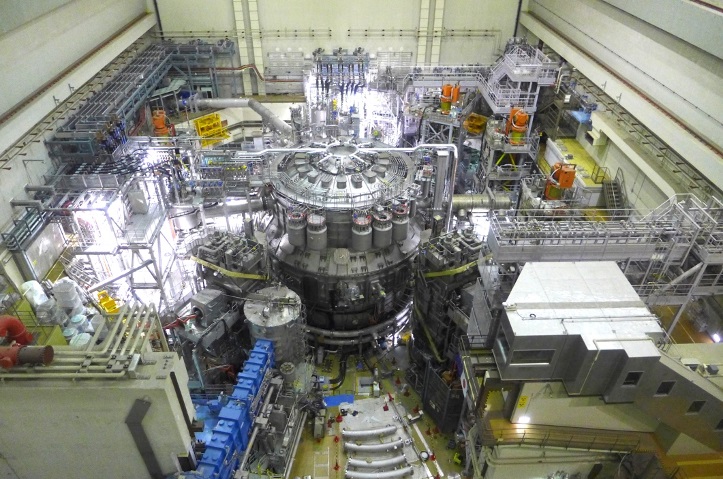
Cabinet Office Revises National Fusion Strategy

GX Decarbonization Power Source Act Enacted
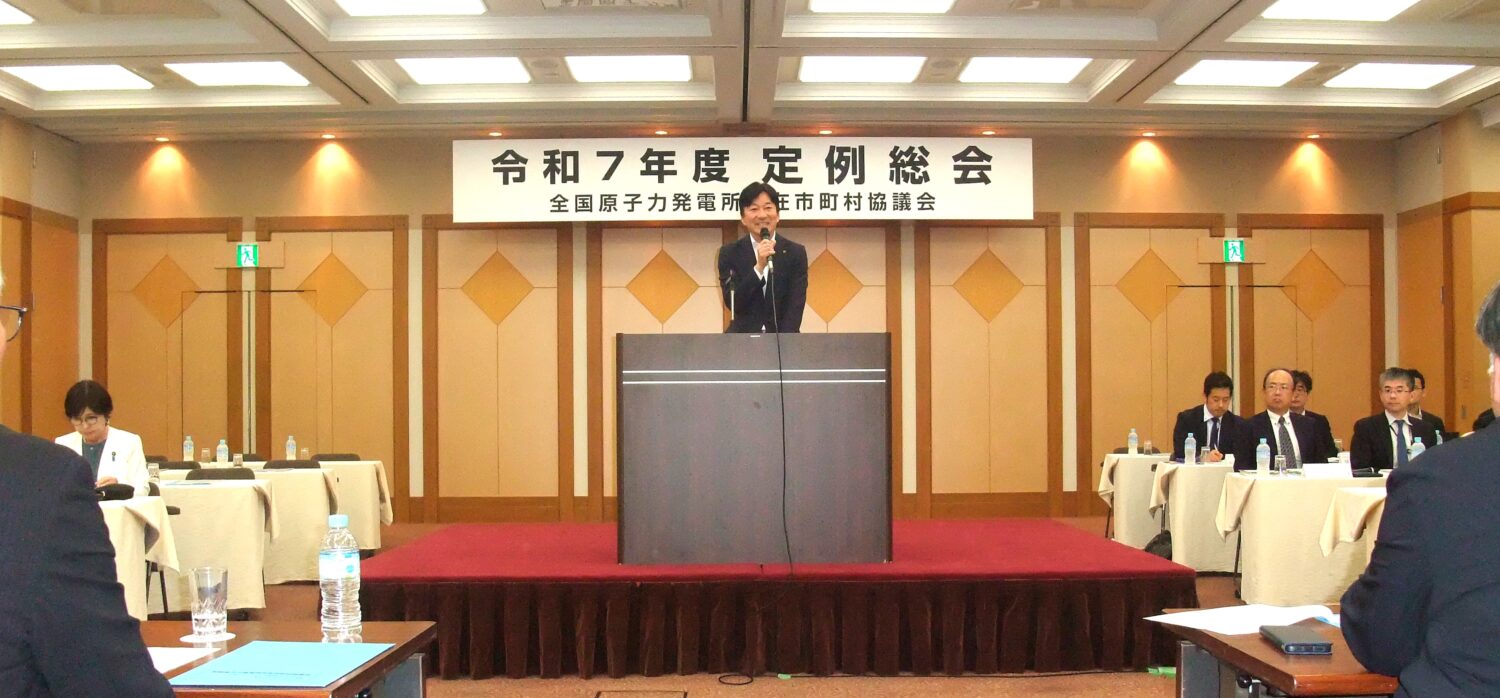
Kashiwazaki Mayor Calls for Rectifying Current Practices at Annual ZENGENKYO Meeting
-013.jpg)
Niigata Prefectural Assembly Rejects Ordinance Requiring Referendum on Kashiwazaki Kariwa Restart
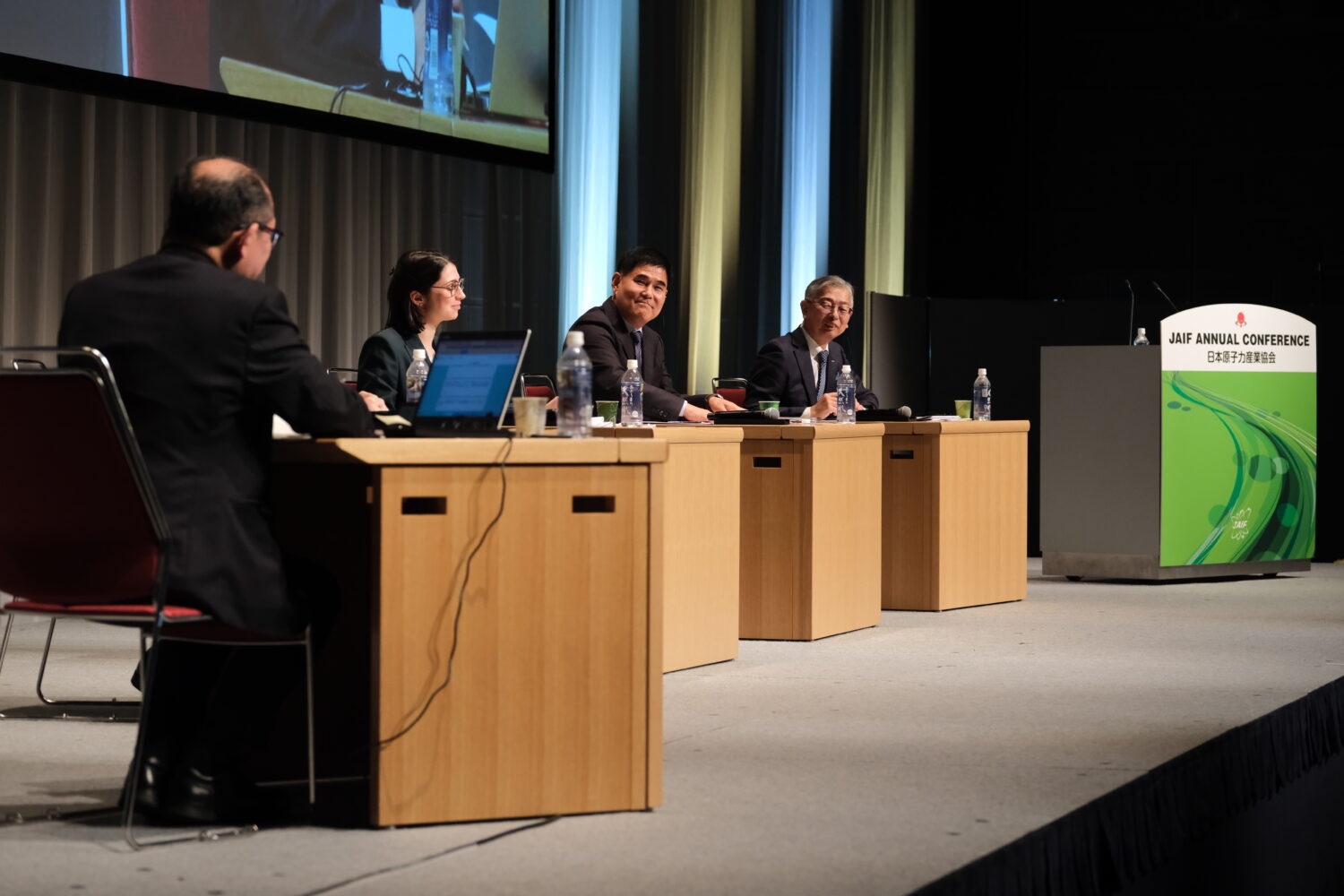
【58th JAIF Annual Conference】Supply Chain Challenges and Solutions: Lessons from International Case Studies

Cabinet Office Seeks Public Comments on Safety Regulations for Fusion Energy

JAIF President Masui Praises New Strategic Energy Plan

The 7th Strategic Energy Plan Approved by the Cabinet

FEPC Responds to Government’s Drafts
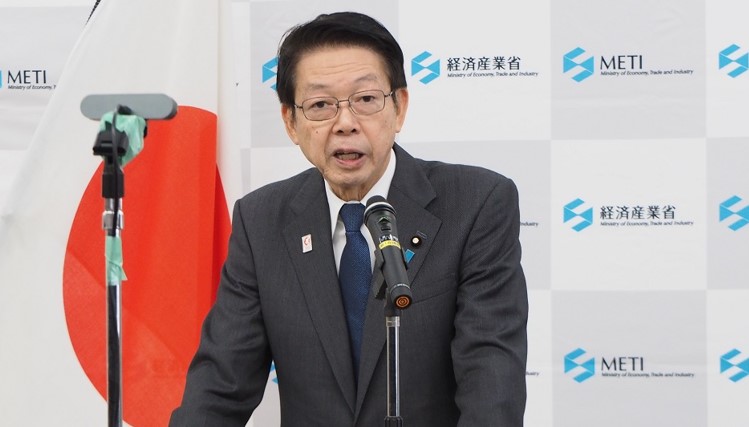
METI Minister Muto Emphasizes Japan’s GX Activities in New Year Remarks

Japan’s Council on the Nuclear Fuel Cycle Meets
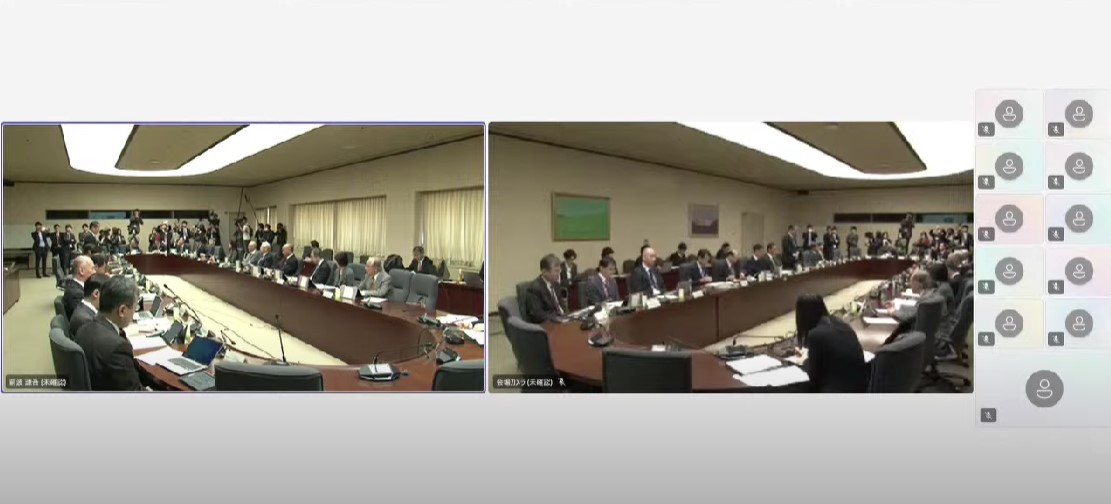
Advisory Committee Presents Draft of Japan’s Next Strategic Energy Plan
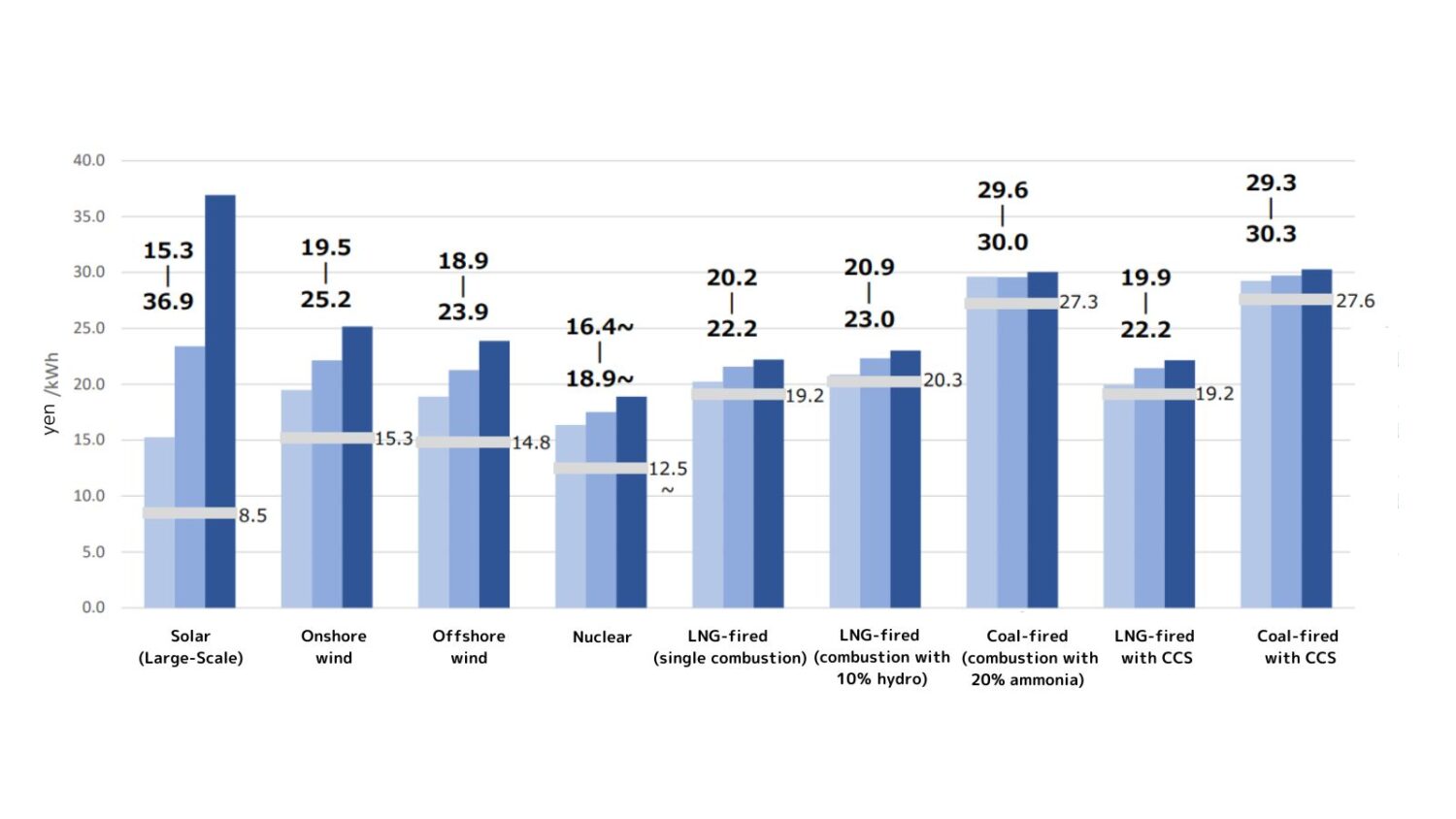
Working Group Assesses Scenarios for Japan’s Future Power-Generation Costs
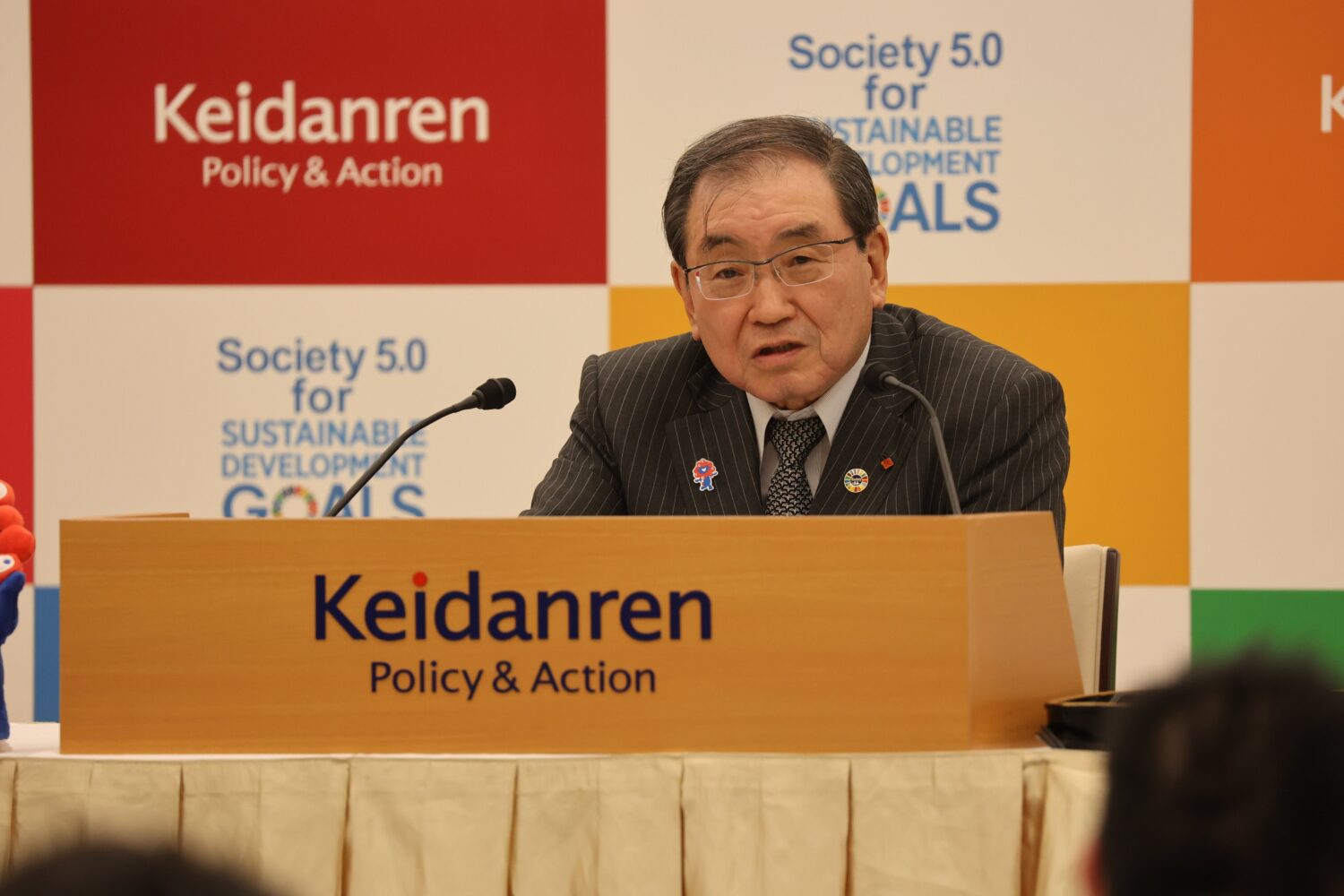
Keidanren Publishes Its Chairman’s Vision of Japan’s Future